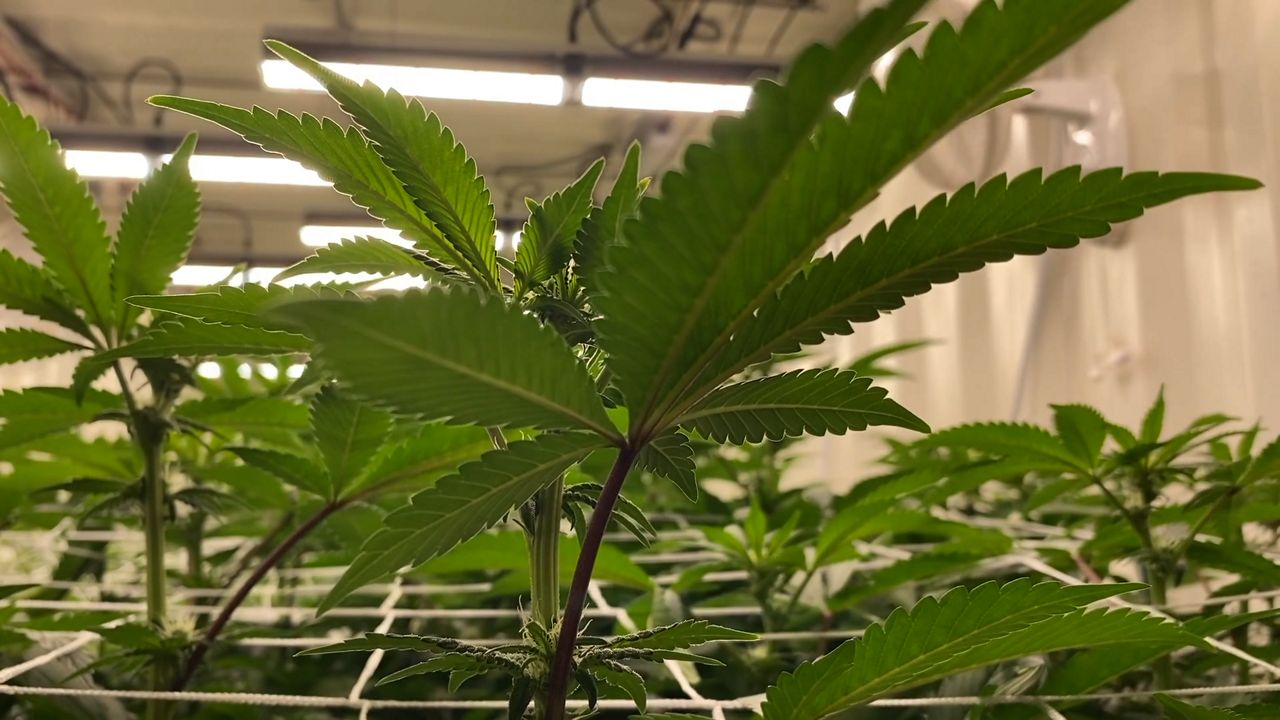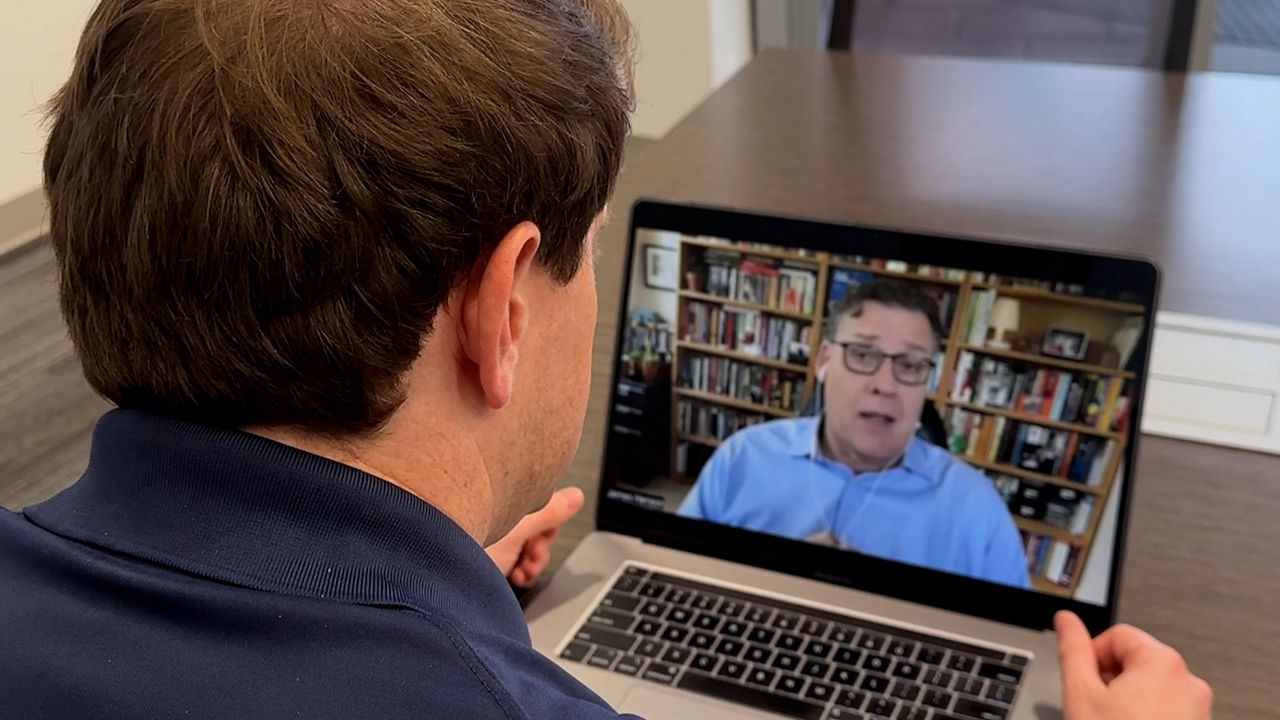AUSTIN, Texas — Lori Reese, chief marketing officer for DocMJ, and a chronic pain suffer, believes not expanding compassionate use this legislative session was a missed opportunity. DocMJ provides medical marijuana recommendations.
“It’s the most common condition in over 46 states,” Reese said. “For Texas patients to not have access to cannabis for debilitating pain, it just doesn’t seem right.”

The Compassionate Use Act provides low-level THC cannabis to qualified patients. However, millions of Texans don’t meet the requirements and face the dangers of prescribed opioids, which the U.S. Centers for Disease Control and Prevention stated was a major factor in 5,000 statewide overdose deaths in 2021 alone.
“They’re not a permanent solution and that’s why I believe in doctor supervised use so they can use that as a safe health option,” Reese said.
Dr. Rohan Patankar is one of those physicians and says for medical reasons, the state needs to give medical cannabis serious thought.
“Medically speaking, statistically speaking, backed by studies, it's a very good drug,” Patankar said. “If the political leaders take a look, don’t put stigmas into it, base it on science. This is far better than the current options.”

In total, about a dozen bills regarding cannabis — including recreational use for increased revenue and decriminalization — were simply not high on the agenda, said UT Austin professor and Executive Director of the Texas Politics Project James Henson.
“You start to lose support when you get in the realm of more recreational use,” Henson said. “There’s a lot of support from Republicans and conservatives in the state for compassionate use and that’s where we’ll continue to see both advocates and lobbyists efforts going forward and biggest chance going forward of progress.”
It's hopeful progress, Reese, the Toronto native turned Texas resident, says will likely take two more years than millions can wait.
“While that doesn’t seem like a long period of time for someone experiencing pain, relentless pain on a daily basis, that’s an eternity,” Reese said.






